
In reality, the responsibilities of the COO are determined by the number of ‘holes’ and and ‘fires’ at their company.
In an ideal world, there is a CEO who formulates strategy and works on business growth and development, and a COO who implements the strategy by building work processes and controlling them. While the CEO is focused on the external world, the COO is focused on the internal world of the company.
The world of IT is young and immature, which explains the vagueness of roles and responsibilities within the field, as well as the chaotic distribution of wages.
Let me remind you that we published a review of C-level executives’ salaries earlier. Here we are digging deeper into details and looking at certain positions from the survey.
This article is based on data from 23 COOs working at Ukrainian IT companies. 70% of the companies were established in Ukraine, 9% in EU countries and 17% in the USA.
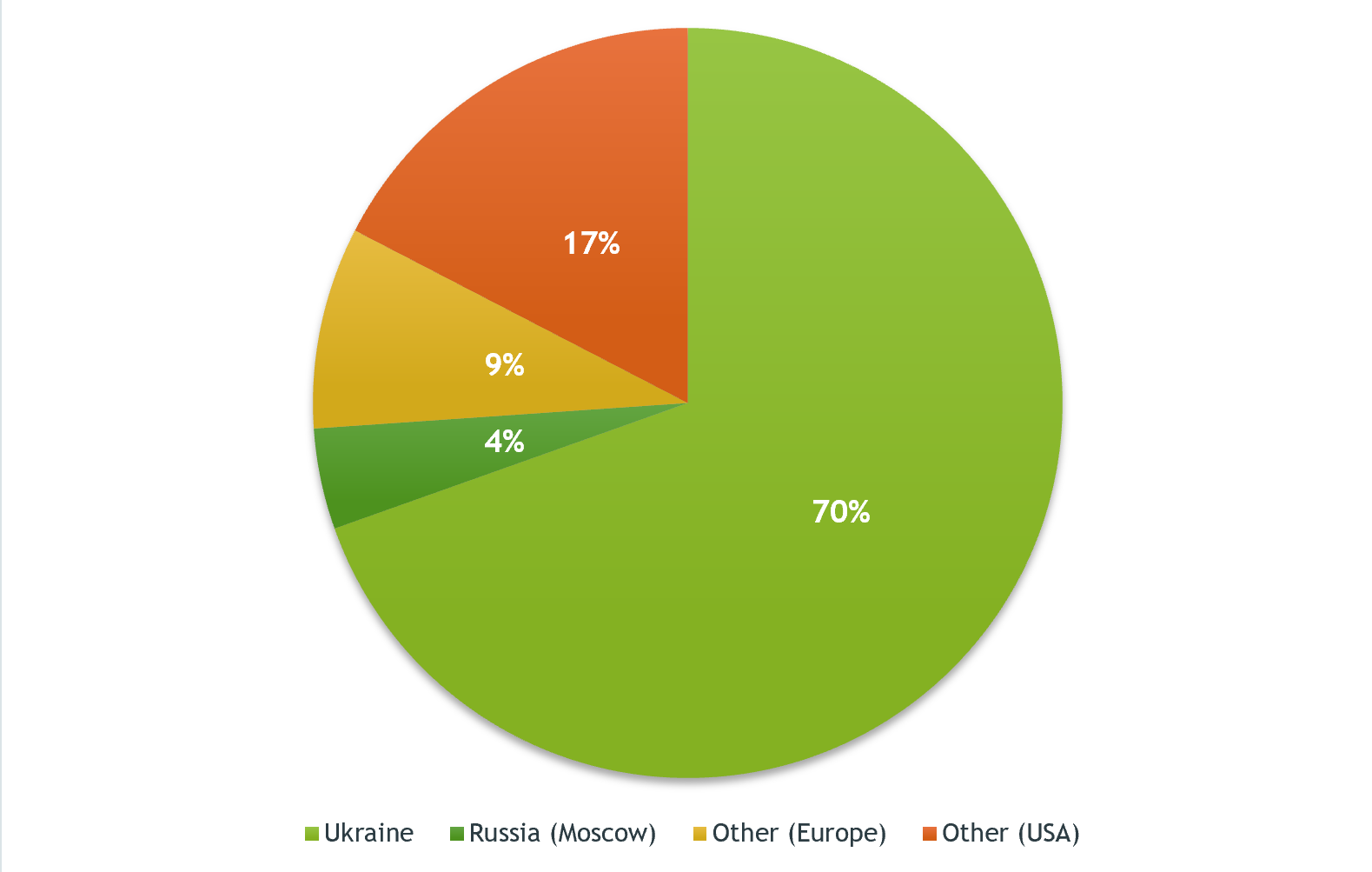 Fig. 1. Countries of origin of IT companies
Fig. 1. Countries of origin of IT companies
44% of respondents work in IT companies with 21 to 80 employees, 26% in those with 81 to 200 employees and 17% in those with less than 20 employees.
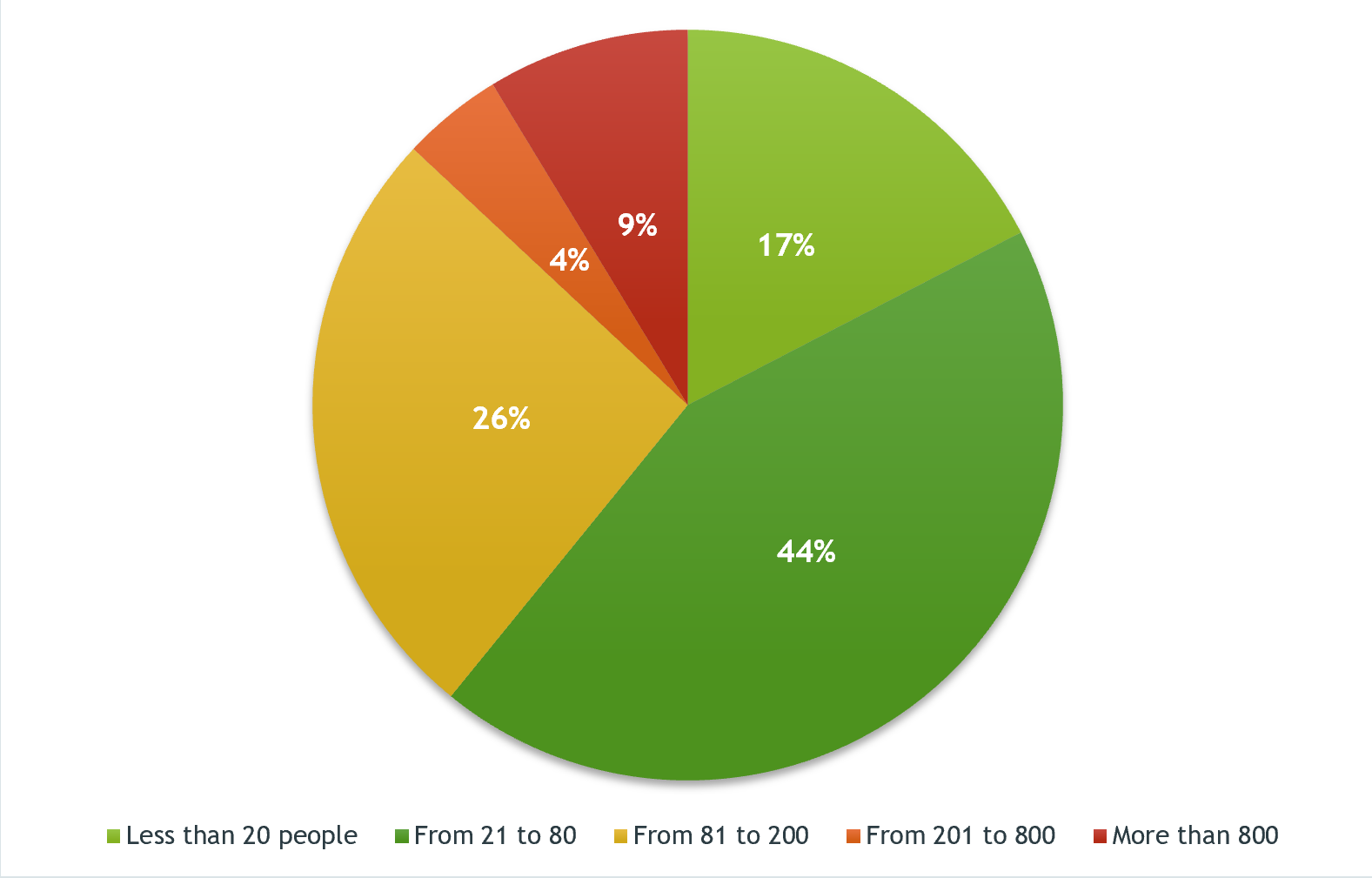 Fig. 2. Number of employees in IT companies
Fig. 2. Number of employees in IT companies
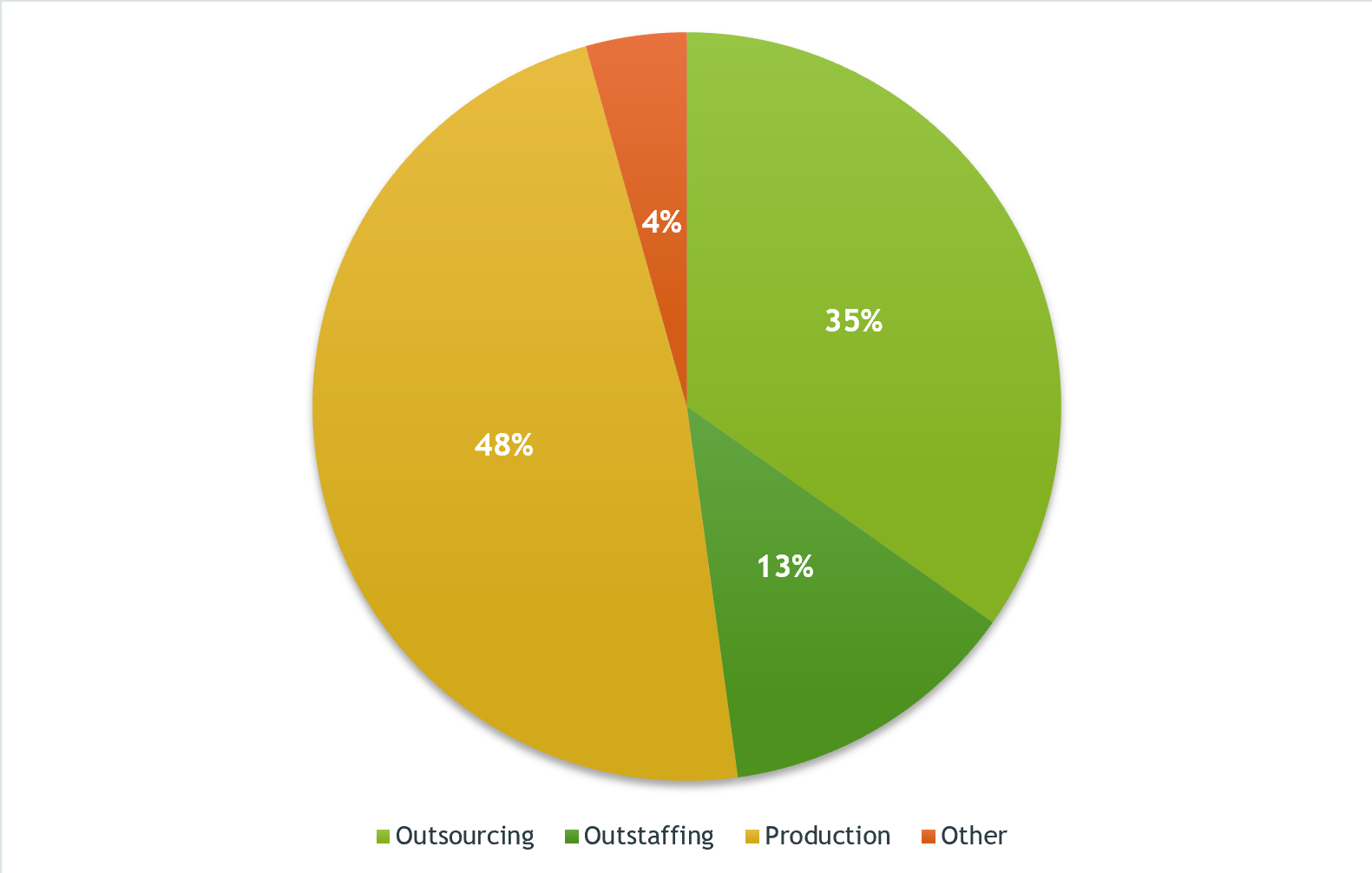 Fig. 3. Percentage of participants from outsourcing, outstaffing and product companies
Fig. 3. Percentage of participants from outsourcing, outstaffing and product companies
Now, a few words about the role of COOs at Ukrainian IT businesses. They are tasked with turning strategy into operational plans for their company’s divisions and monitoring target achievement indicators. In addition, they are in charge of delegating the resources needed for smooth day-to-day operations related to people, money, office equipment and supplies, etc. They also oversee the legitimacy of the company’s actions and legal defence. I’ve even met COOs whose responsibilities extended to the marketing and sales departments, as well as product team management.
Usually the responsibilities of COOs depend on the size and maturity of the company, (In small startups everyone does everything. ), and the staff’s competencies. The most responsible employee normally takes on the most duties. Yet ‘putting out fires’ is one of the responsibilities of COOs at all IT companies.
Based on our survey, we can conclude that the salary range is determined by the range of responsibilities of COOs.
 Fig. 4. General salary range
Fig. 4. General salary range
Next, we will show how salary range depends on experience, company size, number of employees, etc. Again, the items with less than 5 responses were excluded, as they cannot be valid in decision making. For instance, if only 4 COOs said that their experience as top-manager was limited to 3 years, we excluded those responses as not being representative, and took into consideration only those with 5 or more matching responses.
 Fig. 5. Salary range + bonus on the basis of experience in top-management
Fig. 5. Salary range + bonus on the basis of experience in top-management
The numbers indicate that 10 years of experience in top management usually results in a significant pay raise. The majority of professionals with this much experience receive $5250 monthly, (according to the market median. )
However, the COO’s job tenure does not significantly influence their salary range, (although we have no data on COOs who have been working in the company for more than 3 years. ) It seems that this job is quite stressful, and not all COOs are able to endure it, unlike CEOs.
By the way, our survey showed that the higher the tenure of CEOs, the higher their income, (on average, $10841 for those with over 10 years of tenure).
 Fig. 6. Relation between COO’s salary and job tenure
Fig. 6. Relation between COO’s salary and job tenure
Likewise, the age of companies does not significantly affect the salary range of COOs.
 Fig. 7. Relation between COO’s salary and company age
Fig. 7. Relation between COO’s salary and company age
Most COOs are paid a flat salary, without any bonus based on company turnover, which explains the absence of an obvious relationship between salaries and company turnover (see Fig. 14. )
We noticed a $1000 pay rise from the companies with $1 million turnover contrasted with those from $1 million to $3 million. In the first case, the average salary is $2750, while in the latter it is $3760.
 Fig. 8. Relation between salary and company turnover
Fig. 8. Relation between salary and company turnover
Unfortunately, age and gender do still influence salaries on this position.
 Fig. 9. Relation between salary and age
Fig. 9. Relation between salary and age
One can link age with experience, but how can one explain the low salary of female COOs compared to their male counterparts?
 Fig. 10. Relation between salary and gender
Fig. 10. Relation between salary and gender
Having analyzed the data, we found an interesting correlation: The older a man becomes, the more he wants to earn, in stark contrast to women.
 Fig. 11. Correlation between expected salary, age and gender
Fig. 11. Correlation between expected salary, age and gender
Apart from salary range, we were curious to know what motivates and demotivates employees, as well as some data about working conditions.
Salary is not the primary motivating factor for COOs, ranking on the same level as culture of trust in the company (61. 5%. ) This was also the case with CEOs. Freedom in decision-making, (69. 23%), and professional development, (69. 23%), are the most important motives for these employees.
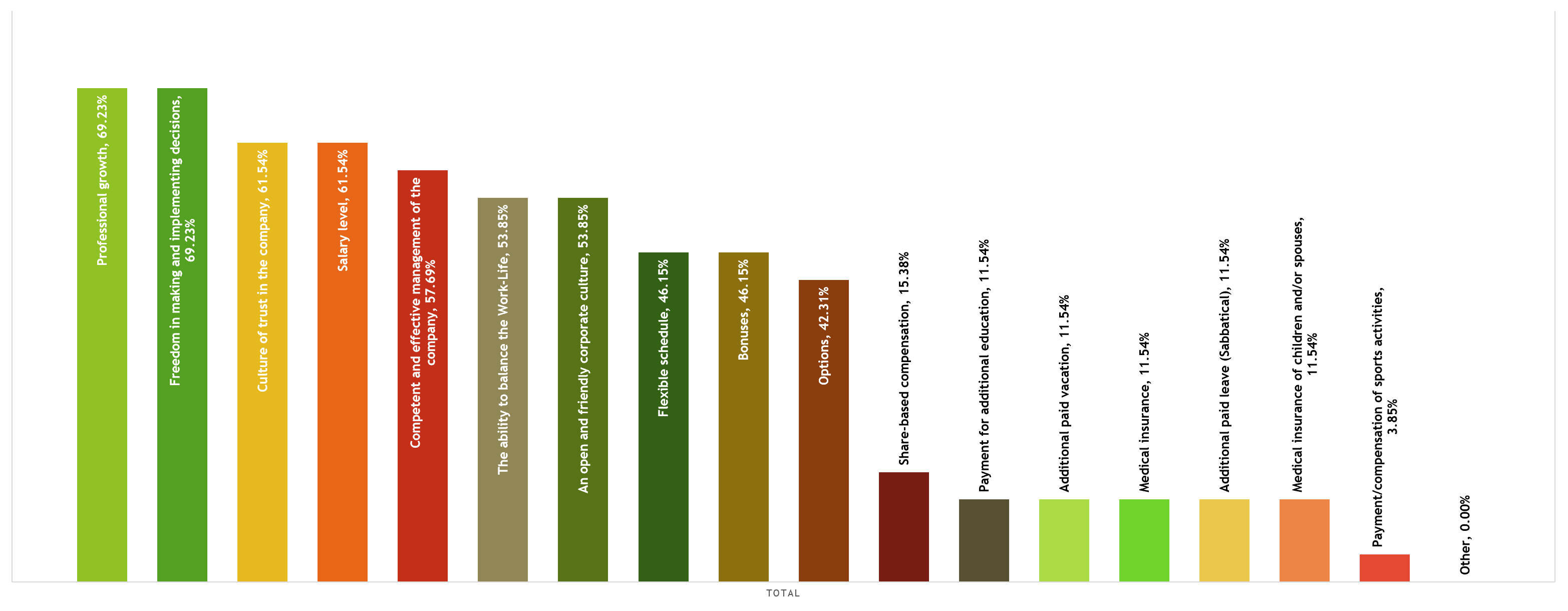 Fig. 12. Motivating factors for COOs
Fig. 12. Motivating factors for COOs
Among the most demotivating factors COOs must deal with are a lack of professional development, incompetent and inefficient management, and restrictions in decision-making.
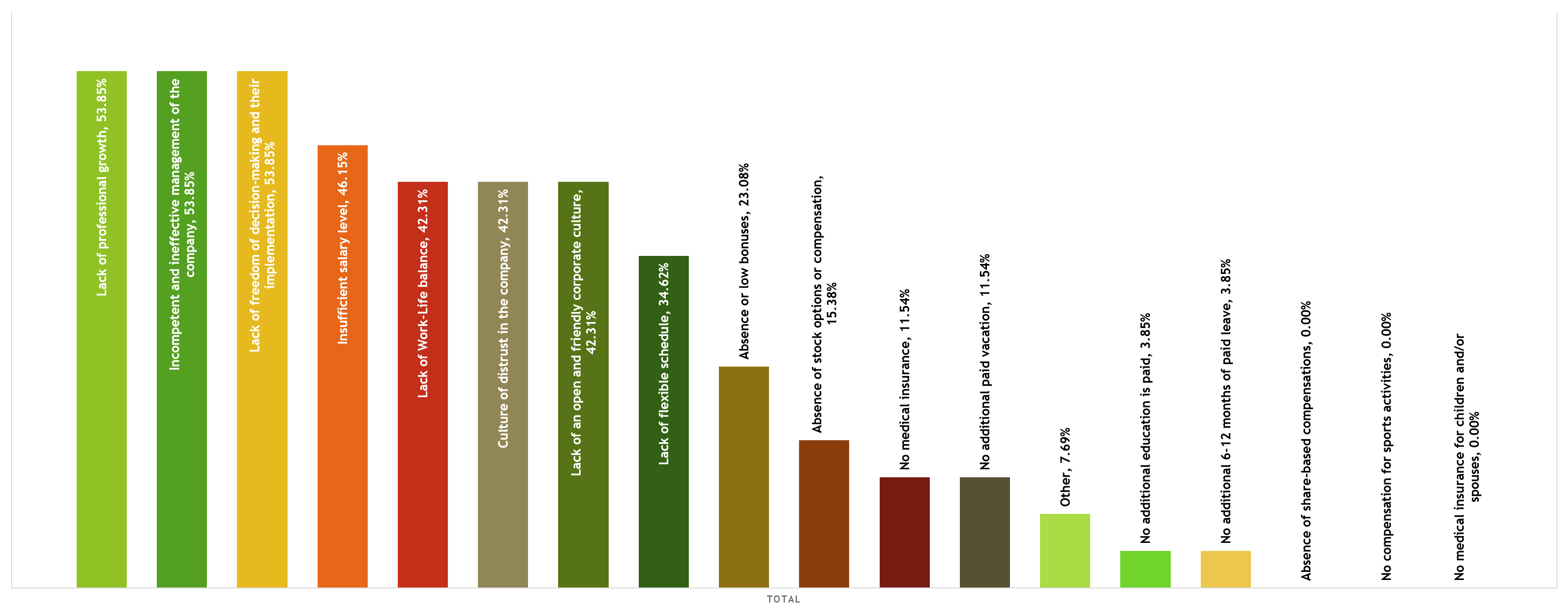 Fig. 13. Demotivating factors for COOs
Fig. 13. Demotivating factors for COOs
Salary is in third place on the scale of demotivating factors. Meanwhile, 42. 31% of respondents do not receive bonuses and do not have concrete KPIs.
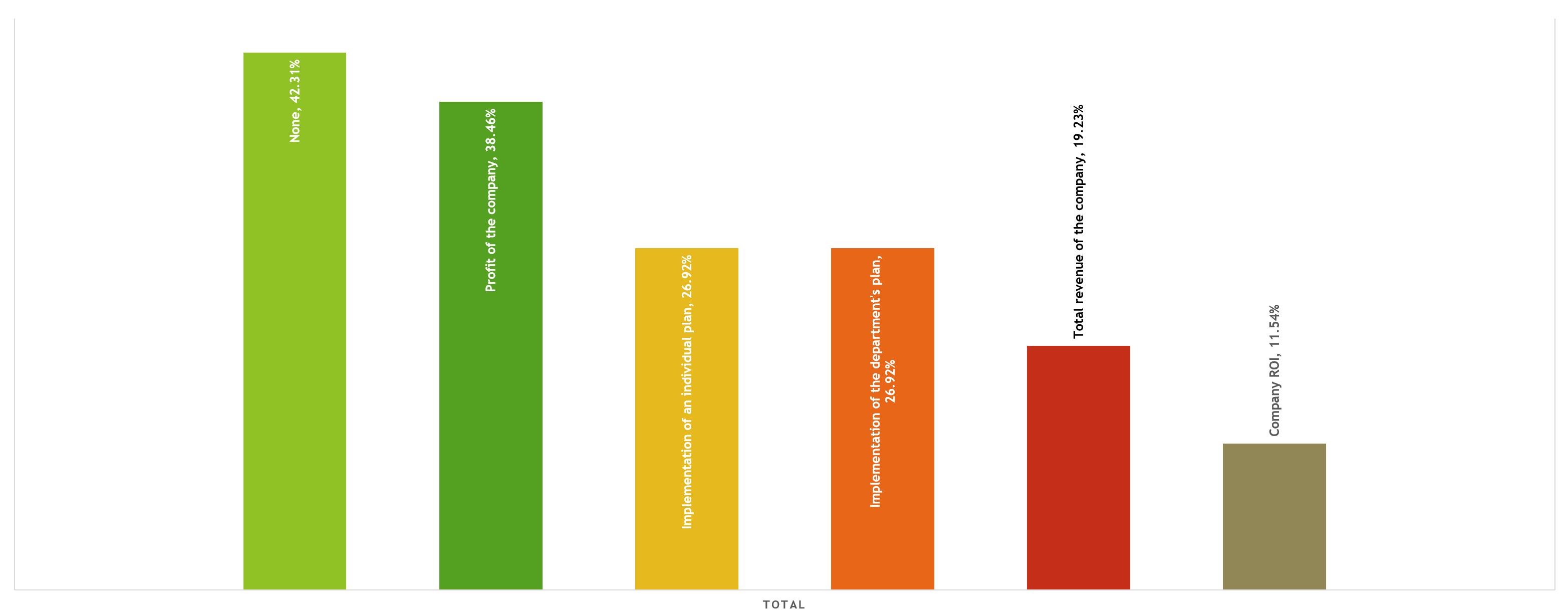 Fig. 14. KPI-based bonuses
Fig. 14. KPI-based bonuses
43% of СООs work only in their office, while 57% can work remotely at times.
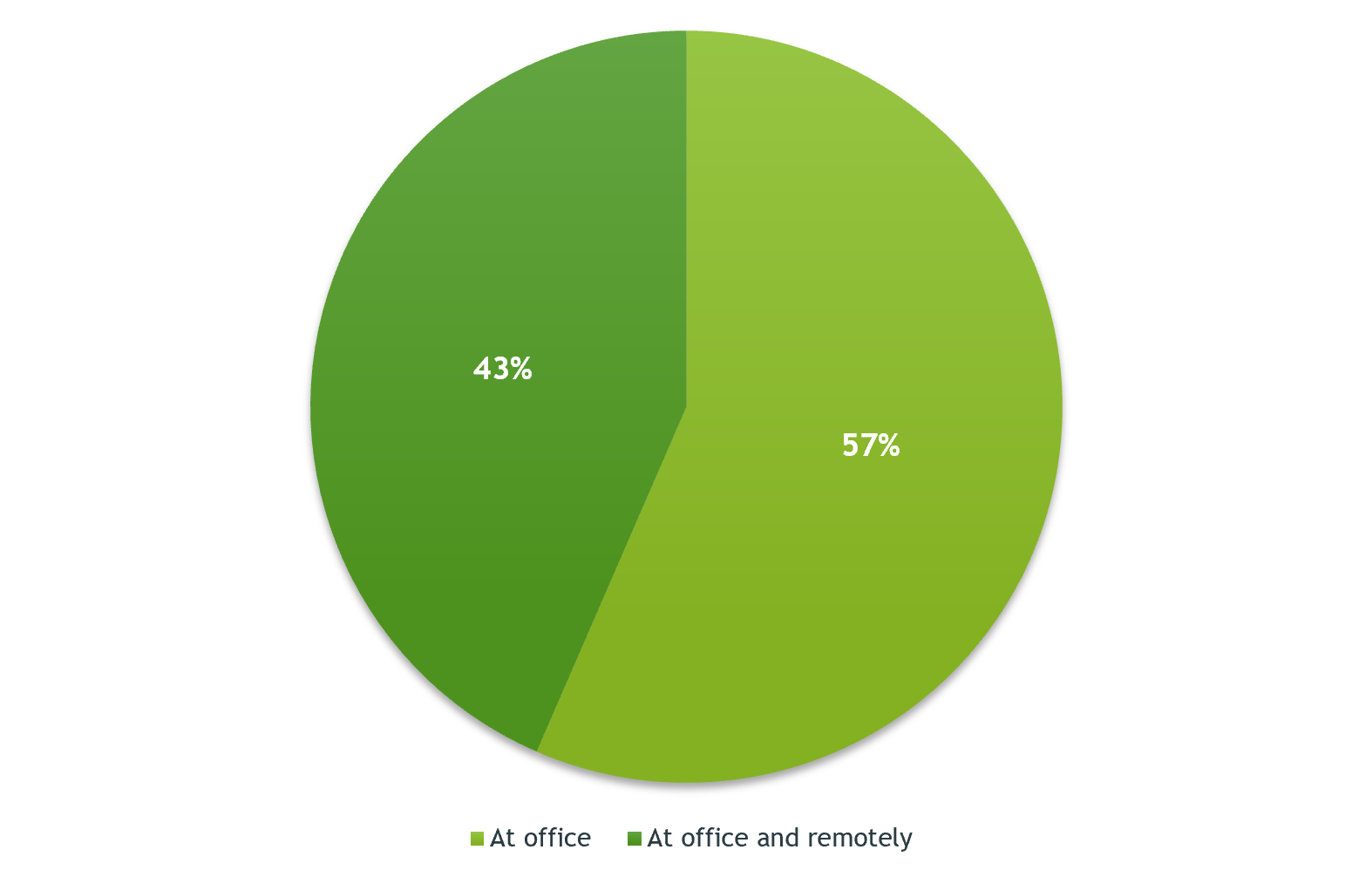 Fig. 15. Work models
Fig. 15. Work models
No surprise that 74% of COOs are registered as individual entrepreneurs. After all, we are talking about IT.
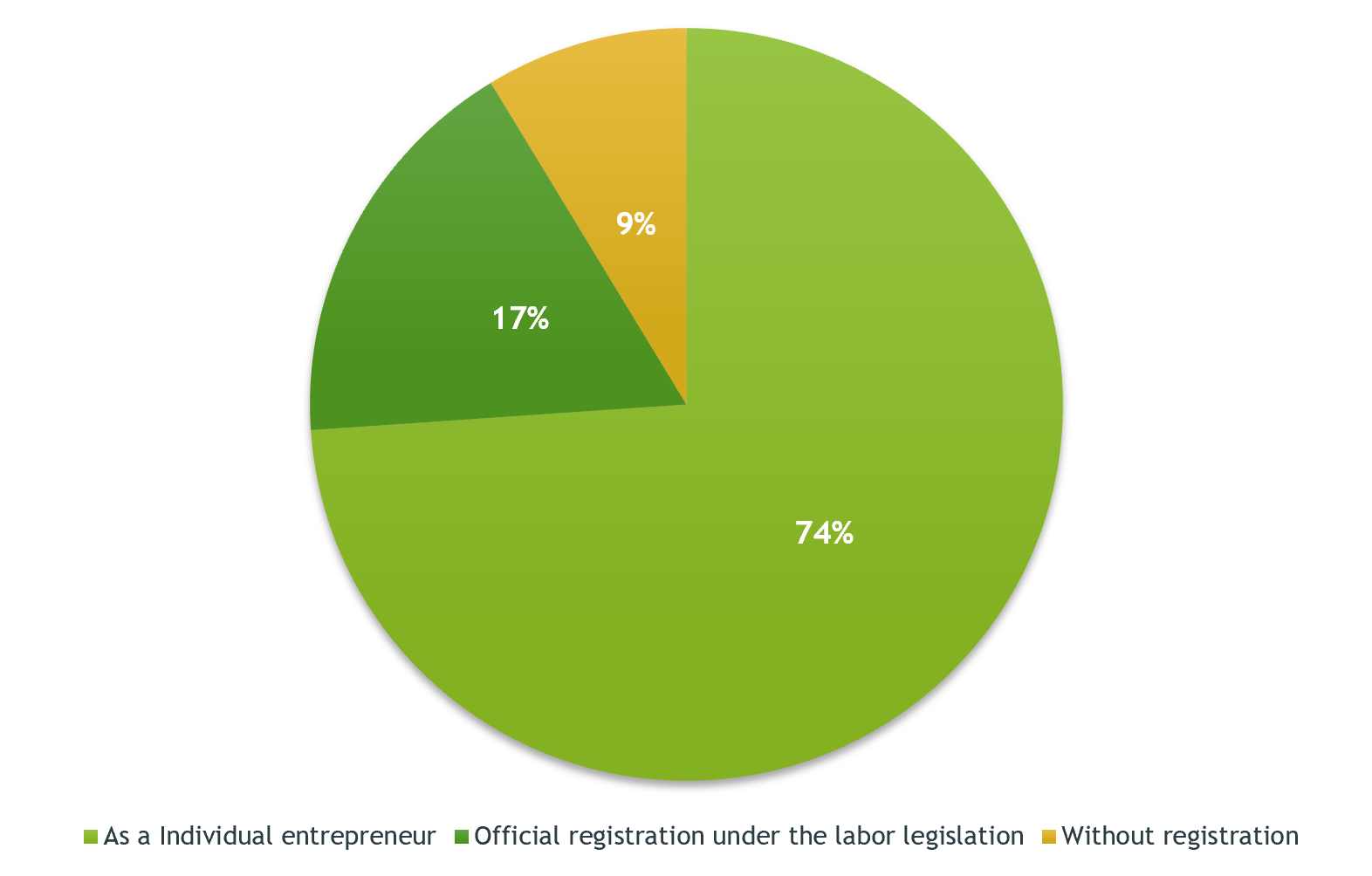 Fig. 16. Types of employment
Fig. 16. Types of employment
The same percentage of the respondents have their salaries pegged to the US dollar.
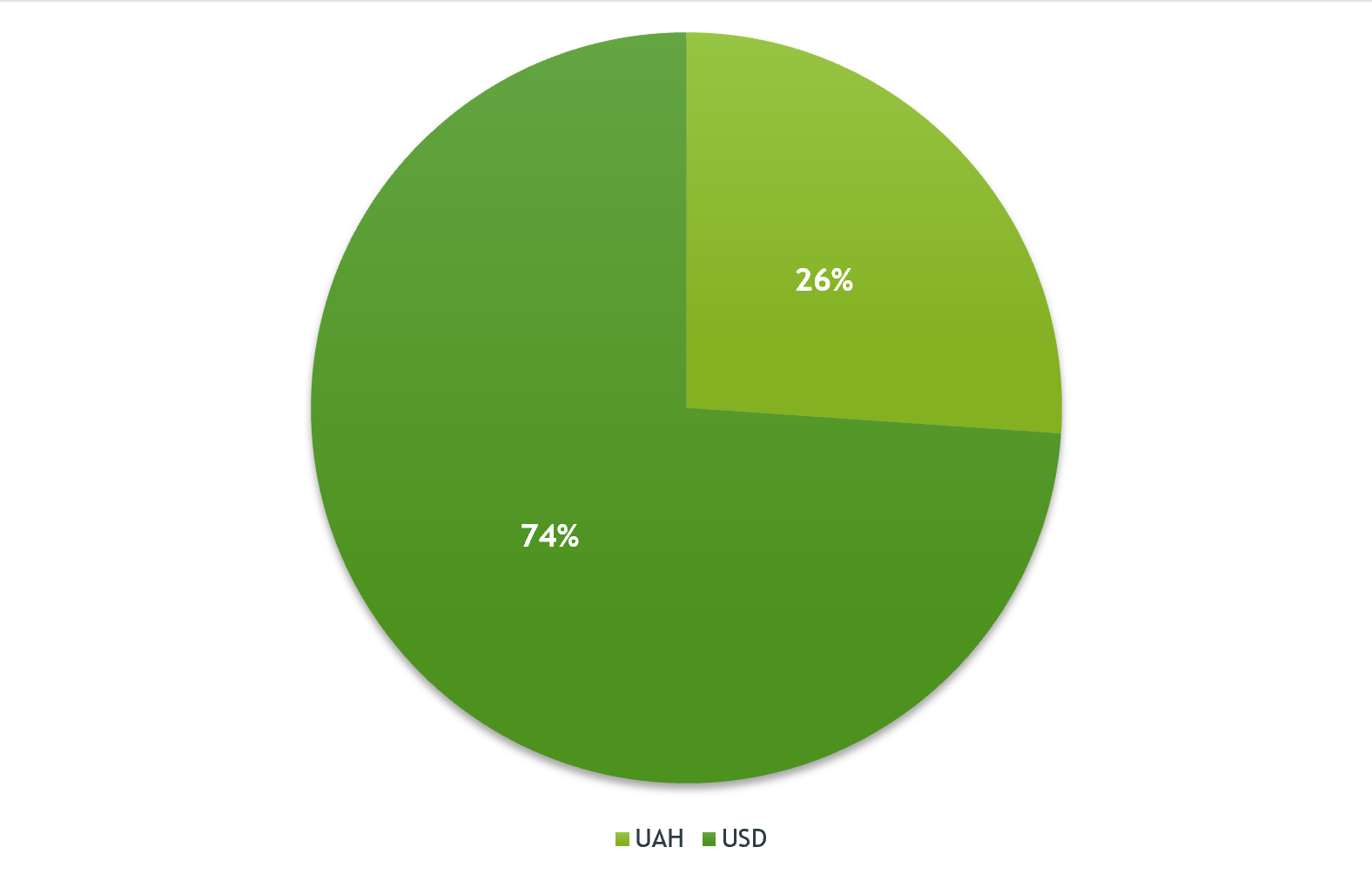 Fig. 17. Pegging of salary to a currency
Fig. 17. Pegging of salary to a currency
Hopefully this information will prove useful to the reader while making business decisions. In our next overview, we are going to share information about the role and salary rate of HRD in IT.
Stay tuned!
* Many thanks to Vitaliy Luzhentsov for professional help in data processing.

About the author: Ekaterina Osadchuk, CEO at Indigo Tech Recruiters , economist, professional psychologist, HRD and director for organizational development, with over 10 years of experience








 Success!
Success! 